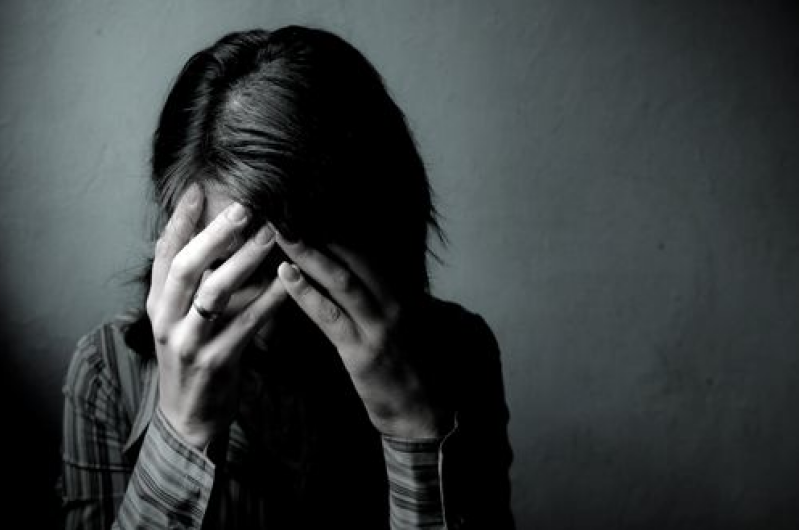
As a Baptist, eternal security has always been a "given" for me. While I have many friends of varying denominations who would differ in interpretation, I never seriously doubted the theological, and still don't. However, it did come as a point of deliberate thought and even significant worry when I began to hear elders and leaders at church deny the salvation of those Christians who had sinned "willfully." The passage used in support was, namely, Hebrew 10:26:
"For if we sin willfully after that we have received the knowledge of the truth, there remaineth no more sacrifice for sins."
Indeed, the reference and its given inference immediately plunged this naturally introspective introvert into an abyss of deep consideration. I had to be honest with myself.
I tend towards an "overly-sensitive" conscience anyway. There were certainly times that I sinned. And not just accidentally, but, to my shame, willingly---well-knowing what I was planning to do; to be ever-more honest, not a mite remorseful. Perhaps it was an attitude or a word said, bubbled over from a pit of anger wedged deep in my stomach. Everything in me wanted to lash out and, eventually, I did. There was certainly no denial of premeditation.
As a matter of fact, most of the sins I could recall hadn't been accidental at all.
True, I was eventually repentant. When I came before God and to the quietness of myself. But the repentance wasn't always instantaneous and at times I found myself asking for forgiveness for the same sin multiple times.
A deeper look into the context and a mental comparison of text-to-text passages added to my understanding, however, and eased my soul. Insight into the Greek connotation from John MacArthur also greatly helped:
To sin "...willfully (hekousios)," MacArthur expounds, "carries the idea of deliberate intention that is habitual. The reference here is not to sins of ignorance or weakness, but to those that are planned out, determined, done with forethought. The difference between sins of ignorance and sinning willfully is much like the difference between involuntary manslaughter and first-degree murder. Hekousios is habitual. It not only is deliberate, but is an established way of thinking and believing. It is the permanent renunciation of the gospel, the permanent forsaking of God's grace."
The idea, then, is not the absence of sin (1 John reminds us, after all that we are deceiving ourselves if we deny our sin), but rather, an unceased pattern of habitual sin which proceeds neither relinquished nor halted. It speaks of apostasy and paints an image of one who, though he or she has intimately known the truth of the Gospel, fails to surrender at some point.
While I recognize the significance resisting a "cheap grace" mentality, I definitely think there's ample biblical room left for a helpful meditation on the chronological relationship of redemption and sin. You see, I wasn't born two thousand years ago, and, I have a hunch, you weren't, either. Scripture says that He died while we were yet sinners, and ensures that nothing can snatch us from His grasp (John 10:28-30). If you have been truly saved and continue to (eventually) re-position your heart towards Him, you may live in the release that comes with the assurance that He is the personal Author and Finisher of our faith.







